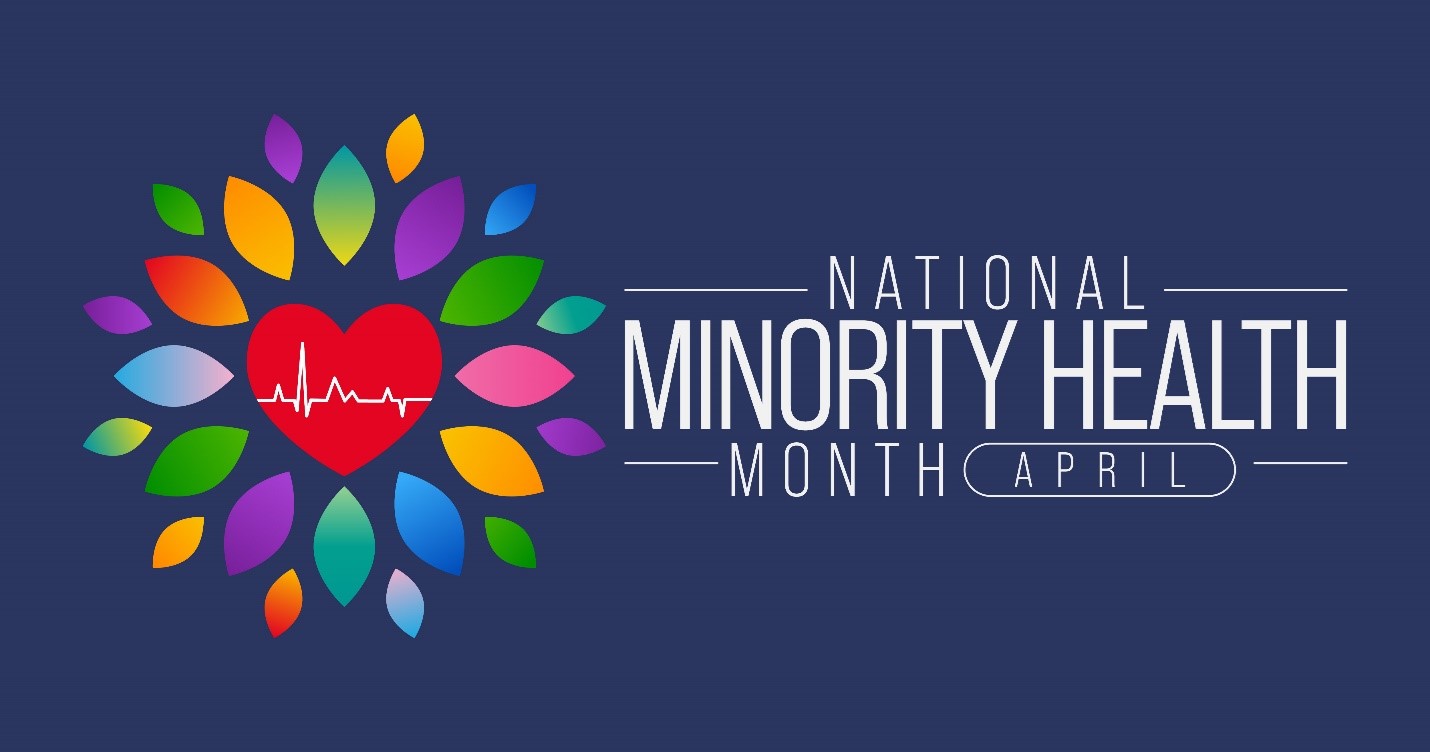In celebration of National Minority Health Month, we explore the impact of diversity in clinical trials on public health. Clinical trials play a crucial role in medical research by testing the safety and efficacy of new treatments, making it essential that they accurately reflect the population they aim to serve. Read on to learn more about this important topic.
Raising Awareness
National Minority Health Month was established with a clear mission: to highlight health disparities among minority groups in the United States and work toward eliminating them. Observing this month is vital as it promotes awareness of the varied backgrounds, cultures, and lifestyles within minority communities, helping medical practitioners deliver more personalized and accurate care. Inclusivity must continue to be a priority in shaping medical practices to ensure equitable representation and treatment.
Liver and Kidney Disease in Minority Populations
Over 100 million people in the U.S. are affected by liver disease, while 37 million struggle with chronic kidney disease. Unfortunately, minority groups face higher risks. Research indicates that African American and Latinx populations have disproportionately high rates of liver and kidney conditions. According to the American Diabetes Association, African American adults are three times more likely to suffer from end-stage renal disease compared to white Americans. Similarly, Hispanic adults have a 1.5 times higher risk of this severe condition.
Other minorities also face increased risks, such as Asian Americans with liver cancer and Native Americans with cirrhosis. Acknowledging these trends is crucial to providing high-quality health care that can prevent such conditions. It’s equally important for individuals in these high-risk minority groups to regularly monitor their health for any signs or symptoms.

The Value of Representation in Clinical Trials
A diverse representation in clinical trials is key to building trust between participants and researchers. When study participants mirror the larger population, they are more likely to engage comfortably in the process, fostering trust. Broadening the diversity in clinical trials also helps us understand how treatments affect various demographics, enhancing our knowledge of the target audience for different medications. Embracing diversity leads to more reliable and precise research outcomes—so let’s ensure everyone has a voice at the table!




